Getting Started with DevOps with Free Resources
 Kunal Kushwaha
Kunal Kushwaha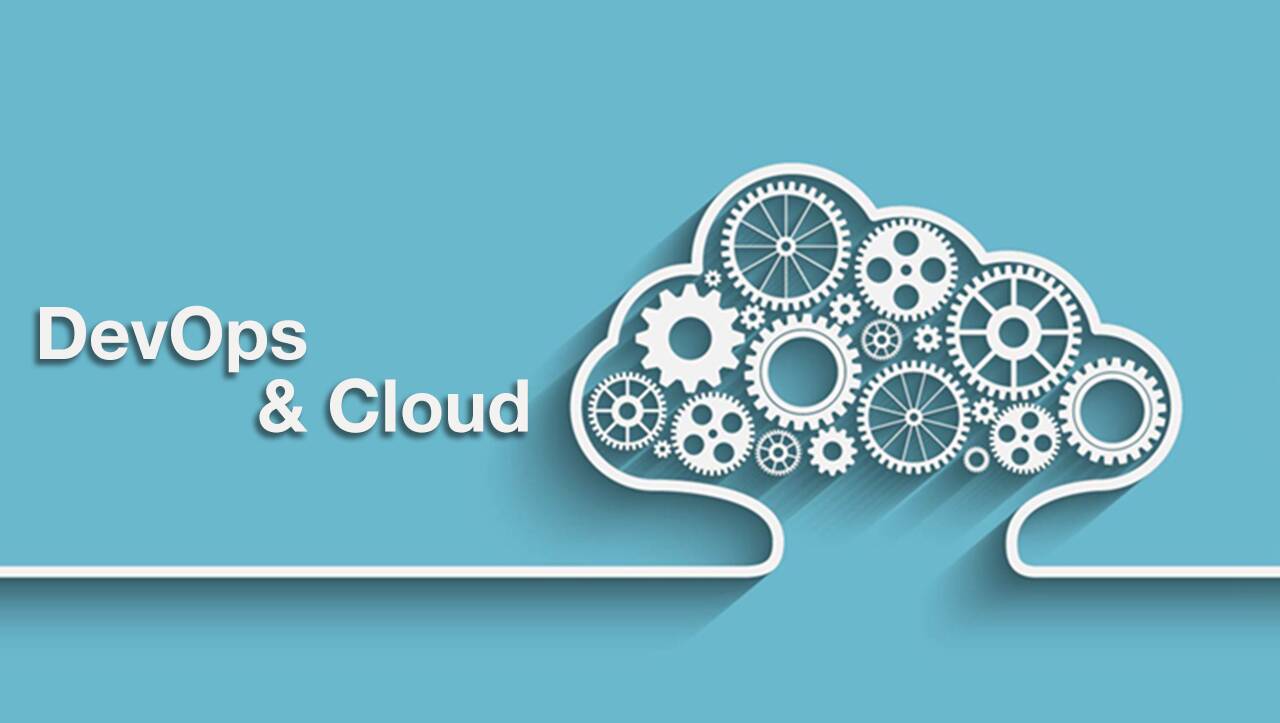
The DevOps and cloud computing space is growing at an unprecedented rate. According to recent reports, the global DevOps market is projected to reach over $20 billion by 2026, with cloud computing alone expected to grow beyond $1 trillion by 2030. Companies are heavily investing in these technologies, leading to a surge in job opportunities. Whether you're just starting out or transitioning from another field, there's no better time to get involved in DevOps and cloud computing. With a focus on automation, scalability, and rapid deployment, companies across industries are looking for skilled professionals to help them adopt these practices.
In fact, according to research, the demand for DevOps engineers grew by 40% in the last year, and roles related to cloud computing are expected to grow by 23% by 2026. Companies are investing millions in hiring and training DevOps professionals, making this a lucrative career choice.
Start with the Right Resources

Before we dive into the details of DevOps and cloud, it's important to note a great learning resource. KodeKloud is offering free access to 5000+ hours of content this week, and I've partnered with them to share this opportunity.
Whether you're a beginner or an experienced professional, KodeKloud has tailored learning paths to help you succeed, including:
Certification Prep: CKA, CKAD, and more.
Hands-on Labs: Gain practical, real-world experience.
Community support
I personally know people who have achieved their cloud certifications using KodeKloud courses.
👉 Check it out here: KodeKloud Free Week
Now, let’s walk through the steps to get started in this field.
Understanding the Basics
What is DevOps?
DevOps is a set of practices that combines software development (Dev) and IT operations (Ops). The goal is to shorten the development lifecycle, deliver high-quality software faster, and ensure smooth collaboration between teams. It's not just about the tools you use but also the mindset of continuous improvement.
What is Cloud Computing?
Cloud computing allows you to rent infrastructure, platforms, and services instead of owning and managing your own data centers. The major cloud providers—like Civo, AWS, Google Cloud, and Microsoft Azure—offer different services that can be tailored to your needs.
For example, Civo specializes in Kubernetes and offers a developer-friendly cloud platform with simple, affordable pricing. Getting hands-on experience with any cloud platform will give you an edge when you start working on real-world projects.
Develop Essential Skills
Operating Systems: Linux is Key
Most cloud platforms and DevOps tools are built around Linux, so it’s crucial to understand how to use Linux effectively. Learn basic Linux commands, how to work with file systems, and scripting using Bash or Shell. This will help you manage servers and automate tasks efficiently.
Networking: The Backbone of Cloud Computing
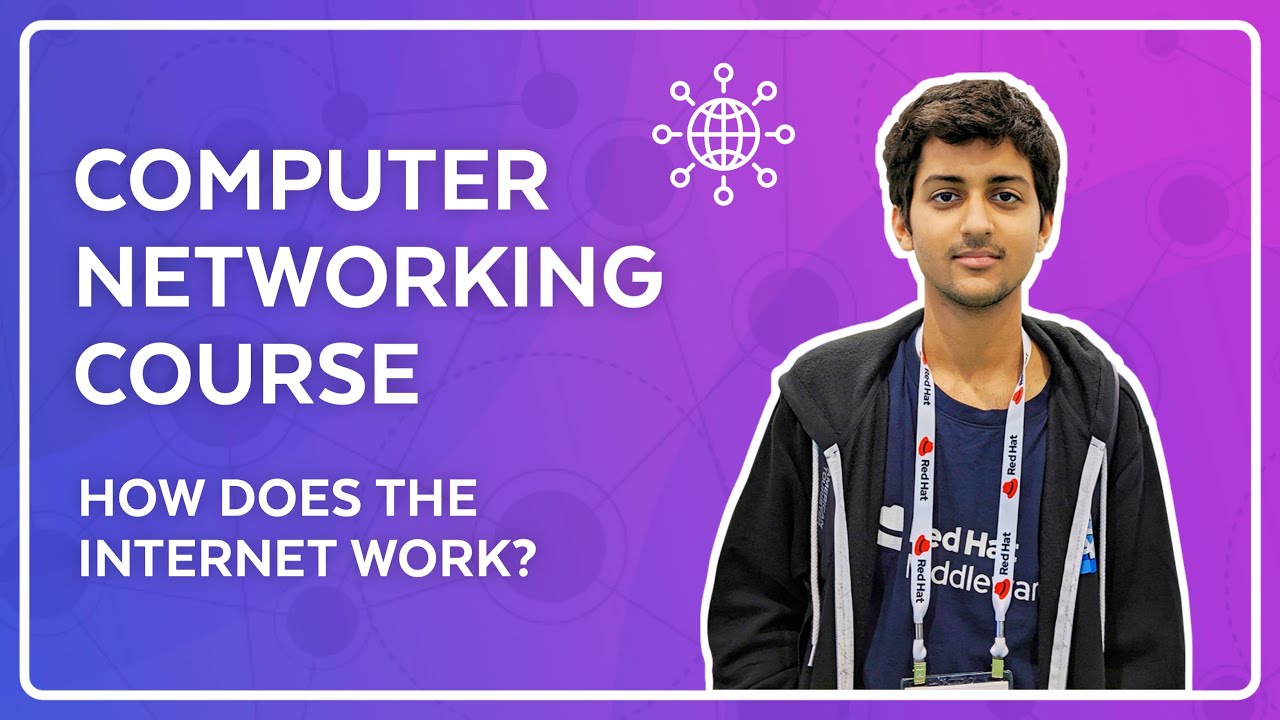
Networking is at the heart of cloud computing. Understanding IP addressing, DNS, firewalls, and load balancing is essential when deploying applications in the cloud. Events like KubeCon, DevOpsDays, Kubernetes Community Days (KCDs), KubeHuddle, and Civo Navigate are great opportunities to learn about networking and stay updated with the latest trends in cloud computing and DevOps.
For a comprehensive introduction to networking, check out this Complete Networking Course. Networking fundamentals are crucial when you start working with cloud environments and managing scalable applications.
Version Control: Master Git
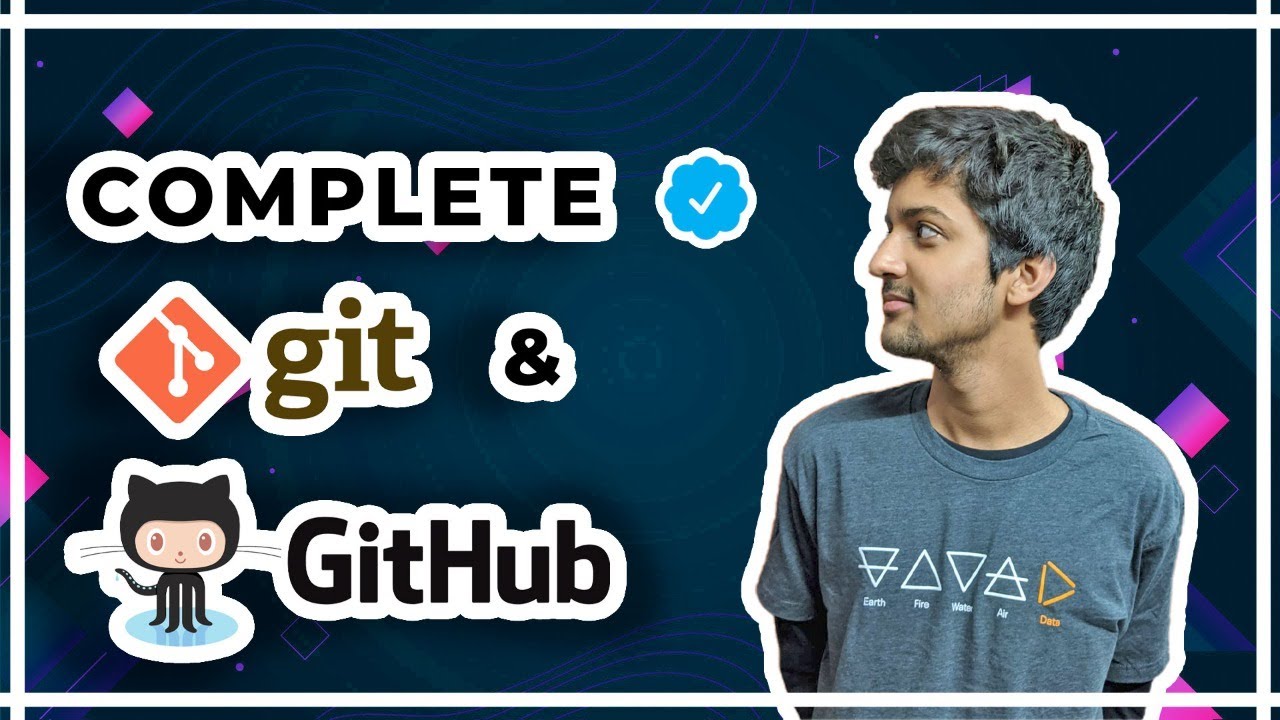
Git is a must-have skill for any DevOps or cloud engineer. Git allows teams to collaborate efficiently, track code changes, and roll back when necessary. Learn Git and GitHub to manage version control for your projects. A great resource for learning Git is this Git Course, which will guide you through everything from the basics to more advanced concepts.
When I first started contributing to the Kubernetes Java client by Red Hat Middleware, I only knew Java. I wanted to dive into something real, and contributing to an open-source project felt like the right way to learn. You can find my contributions on GitHub, but what’s important here is to just get started. You don’t need to know everything before you contribute. Get your hands dirty, and learn along the way.
Practice Makes Perfect
Once you've understood the basics, it’s time to practice. Start by signing up for free tiers on platforms like Civo, AWS, Google Cloud, or Azure. Experiment with creating virtual machines, deploying applications, and automating deployments using CI/CD pipelines.
For hands-on practice, build a personal project such as a simple web application or a microservice. Host it on a cloud platform, automate its deployment with tools like Jenkins or GitHub Actions, and monitor it using Grafana or Prometheus.
In addition, using Docker and Kubernetes for containerizing and orchestrating applications is an essential part of cloud and DevOps work. Tools like Docker and Kubernetes make it easier to manage applications in a scalable and consistent way.
Don’t Rely Only on Certifications
While certifications are important, it’s crucial to learn the basics before jumping into them. Too often, people focus solely on obtaining certifications like AWS or Kubernetes certifications without fully understanding core concepts like infrastructure, networking, and automation.
Take time to understand the fundamentals before pursuing certifications, so you can back up your certification with real-world knowledge. Certifications without a strong understanding of the basics will only take you so far.
Security in DevOps
Security is an integral part of DevOps, and you’ll need to think about it from day one. With DevOps, speed and automation are important, but that can’t come at the expense of security. Explore security tools like Kubescape, which scans Kubernetes clusters for security risks, and Komodor, which helps troubleshoot and manage Kubernetes environments.
As you dive deeper into security, familiarize yourself with Role-Based Access Control (RBAC), encryption techniques, and best practices for securing cloud environments.
Additionally, understanding the CNCF (Cloud Native Computing Foundation) landscape is crucial. The CNCF hosts a wide variety of cloud-native tools and projects, many of which are security-focused. Here’s a talk I gave at the Civo Navigate conference that can help you explore how to navigate the CNCF landscape and the tools available to you.
Why You Should Learn Golang
As you dive deeper into cloud-native technologies, you'll quickly notice that Golang (Go) is the dominant language in this space. Many of the core CNCF projects, including Kubernetes, Prometheus, and Helm, are written in Go. The language is known for its simplicity, performance, and strong concurrency model, making it ideal for large-scale, distributed systems.
Learning Go is especially useful for those looking to contribute to cloud-native projects or build their own cloud tools. Its popularity in the CNCF landscape means that many job opportunities in cloud-native development require Go skills. By learning Go, you can open doors to contributing to projects that are foundational to the cloud-native ecosystem.
Getting Certified: After Learning the Fundamentals
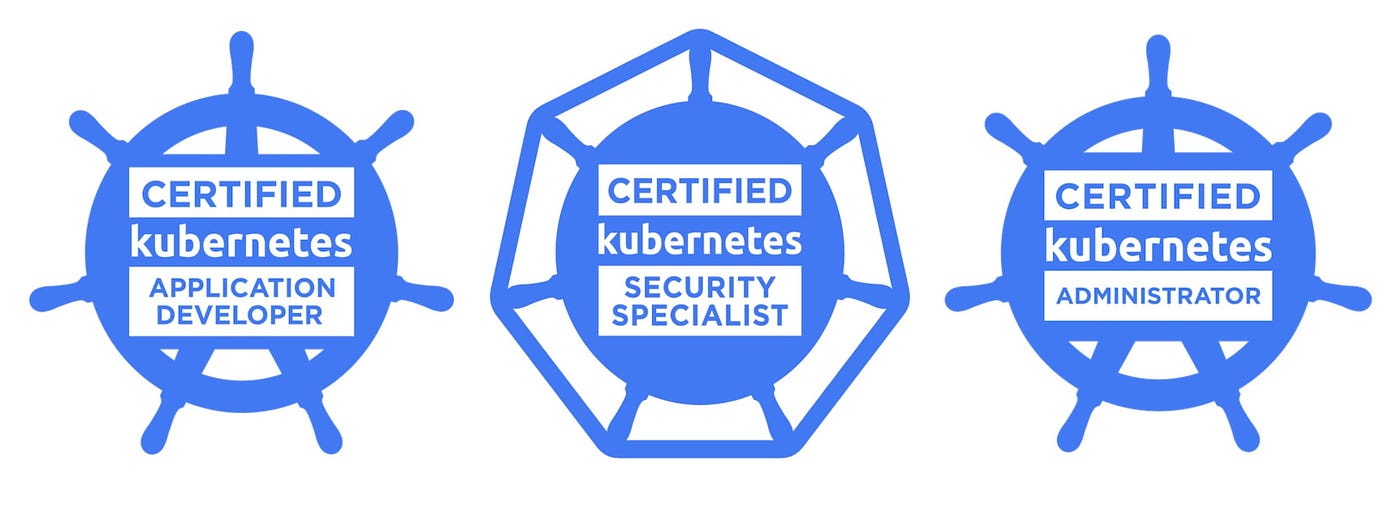
Once you've gained a solid understanding and hands-on experience, it's time to pursue certifications to showcase your skills. Certifications validate your knowledge and help you stand out to potential employers.
Some of the most recognized certifications in this space include:
KCNA (Kubernetes and Cloud Native Associate): A foundational certification for understanding Kubernetes and the cloud-native ecosystem.
CKA (Certified Kubernetes Administrator): This certification focuses on your ability to manage and operate Kubernetes clusters.
CKAD (Certified Kubernetes Application Developer): This certification is designed for developers working with Kubernetes.
There are also cloud provider-specific certifications, such as:
AWS Certified Solutions Architect for those focusing on AWS.
Google Cloud Certified - Professional Cloud Architect for Google Cloud enthusiasts.
Azure Administrator Certification for Microsoft Azure.
These certifications will help you validate your knowledge, but remember, they should come after you've gained a deep understanding of the core concepts.
Leveling Up Your Skills
Platform Engineering: An Evolving Field
One of the key areas where you can level up in your DevOps career is platform engineering. While DevOps is focused on automating processes and improving collaboration between development and operations teams, platform engineering goes a step further by building the infrastructure, services, and tools that developers need.
In platform engineering, the goal is to create a scalable and standardized platform that developers can use for their work. Think of it as building the foundation upon which DevOps processes are implemented. Platform engineers work on internal development tools, cloud infrastructure, API gateways, and service meshes.
Some people consider platform engineering to be the next evolutionary step from DevOps. As systems and infrastructures become more complex, platform engineering provides a standardized and scalable foundation for implementing DevOps practices. It allows developers to work more efficiently without worrying about the underlying infrastructure.
Contributing to Open Source
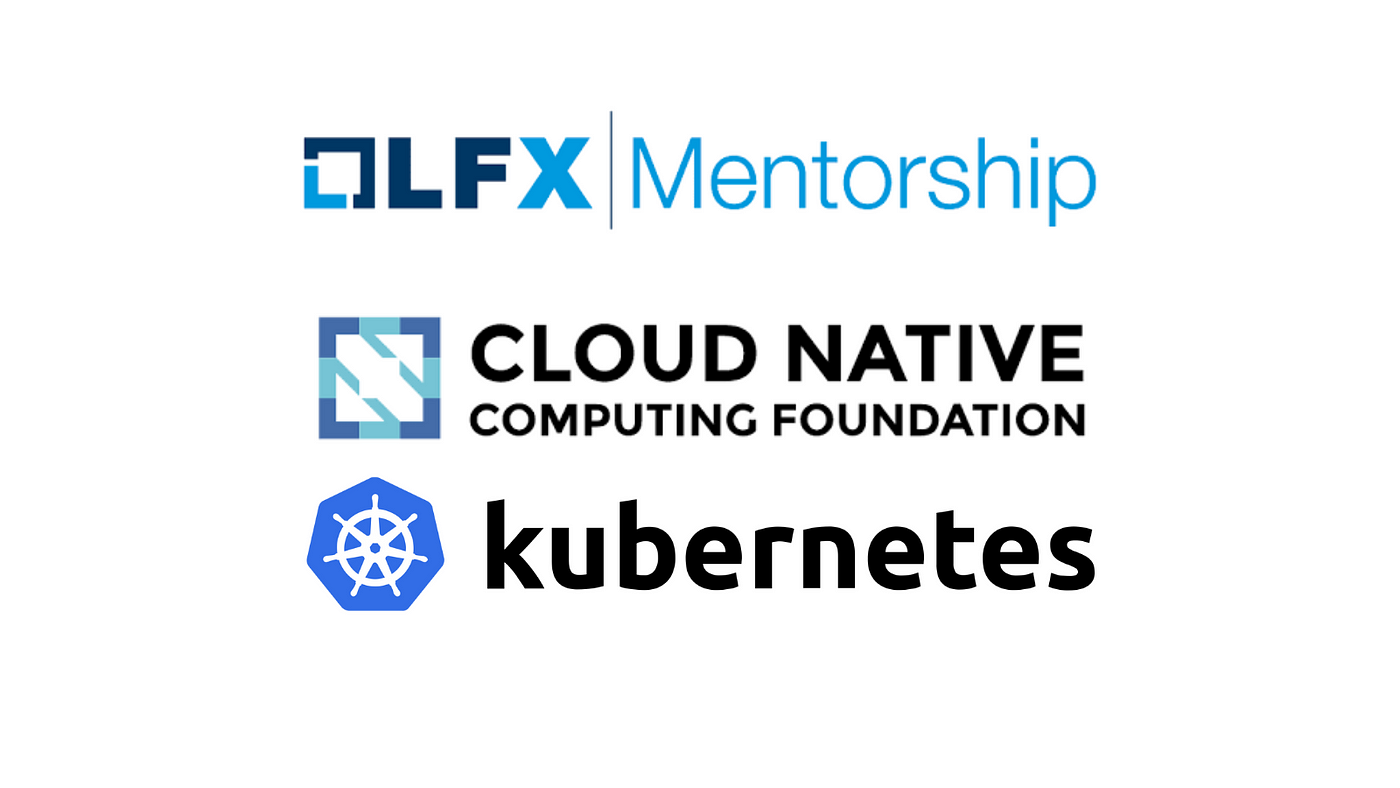
Contributing to open-source projects is a fantastic way to level up your skills, gain real-world experience, and give back to the community. Explore the CNCF landscape to discover a wide variety of cloud-native projects you can contribute to. You can also look into programs like Google Summer of Code or the LFX Mentorship Program, which offer great opportunities for learning and contribution.
Conclusion
Getting started with DevOps and cloud computing is a rewarding journey, but it requires patience, practice, and continuous learning. Start with the basics, practice what you've learned, and make use of the rich ecosystem of tools, platforms, and communities to improve your skills. Certifications can help, but they should come after you’ve gained a deep understanding of the core concepts.
By following this roadmap, attending events, contributing to open-source projects, and exploring security and platform engineering, you’ll be well on your way to mastering DevOps and cloud computing. Remember, it's a marathon, not a sprint—so keep learning and stay curious.
Subscribe to my newsletter
Read articles from Kunal Kushwaha directly inside your inbox. Subscribe to the newsletter, and don't miss out.
Written by

Kunal Kushwaha
Kunal Kushwaha
Building a better future through technology and innovation.